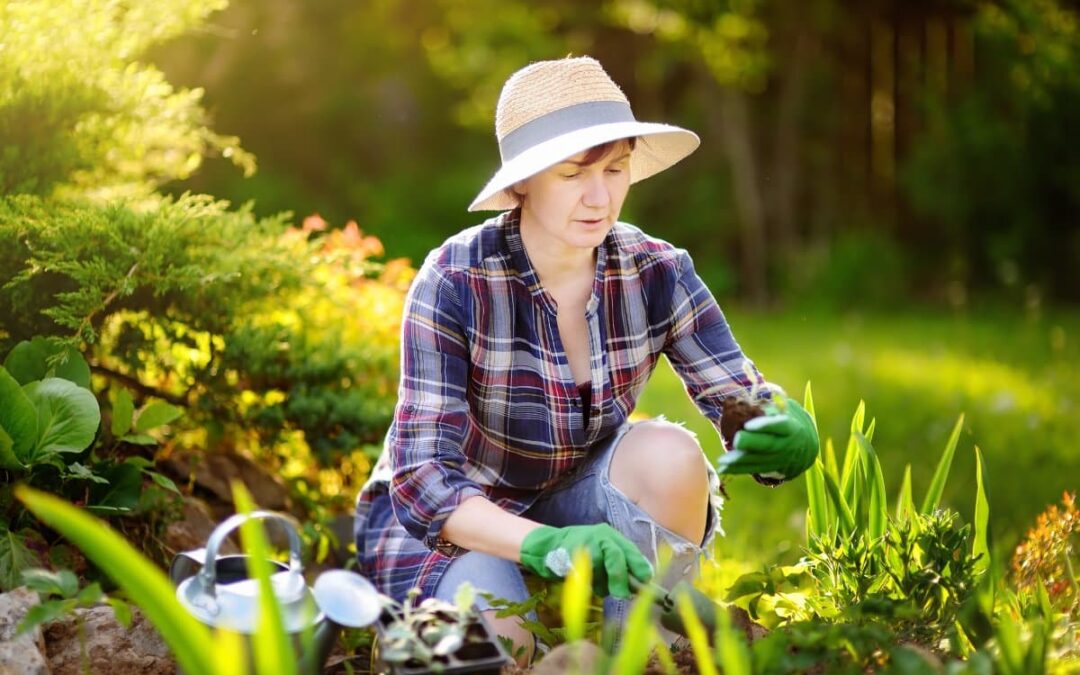I love to garden. It’s therapeutic, gets me out in the fresh air, and lets me reconnect with nature. But it can get expensive, too. And, while there are plenty of genuine ways to save money on gardening costs, there’s also some terrible advice and “hacks” out there that will ruin your garden and end up costing you more or wasting your money in the long run.
#1. Overcrowding Plants to Save on Buying More
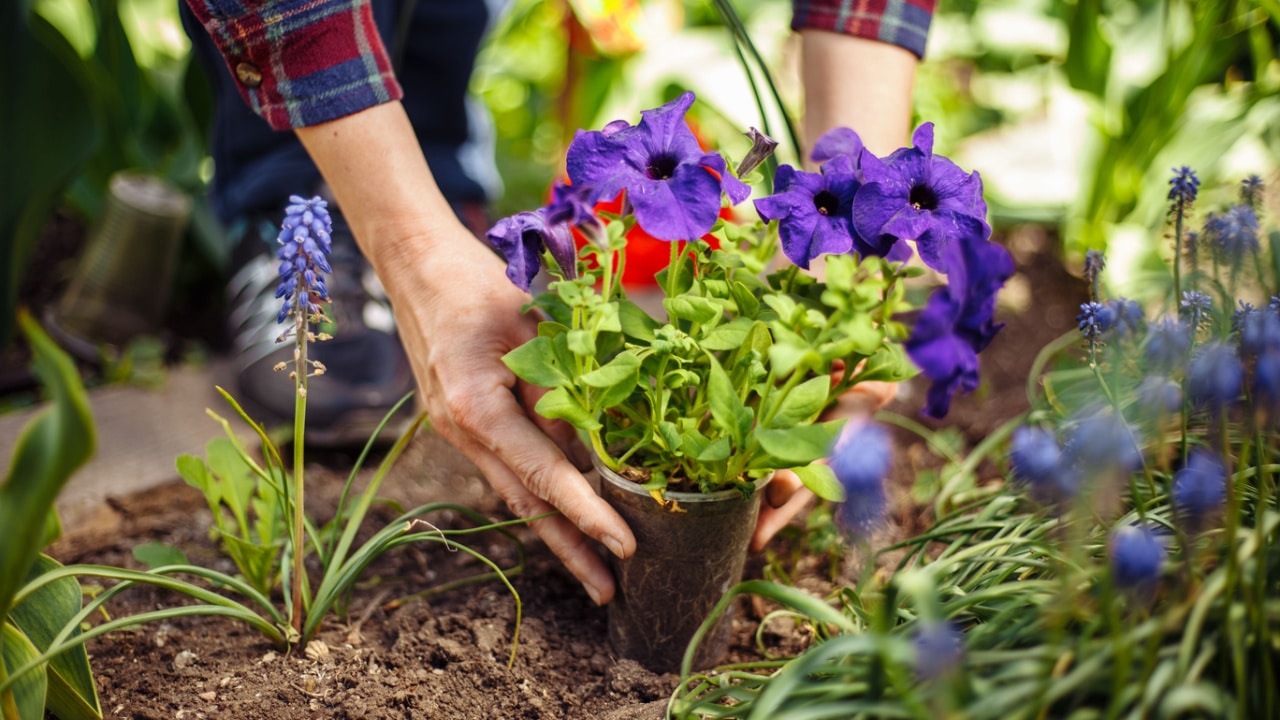
Image Credit; Shutterstock
Planting too closely to save on buying more plants can lead to overcrowding, which stifles growth and increases disease susceptibility. Plants need adequate space for air circulation and access to nutrients. Overcrowded plants compete for these resources, leading to weaker, less productive gardens.
#2. Using Cheap, Low-Quality Soil
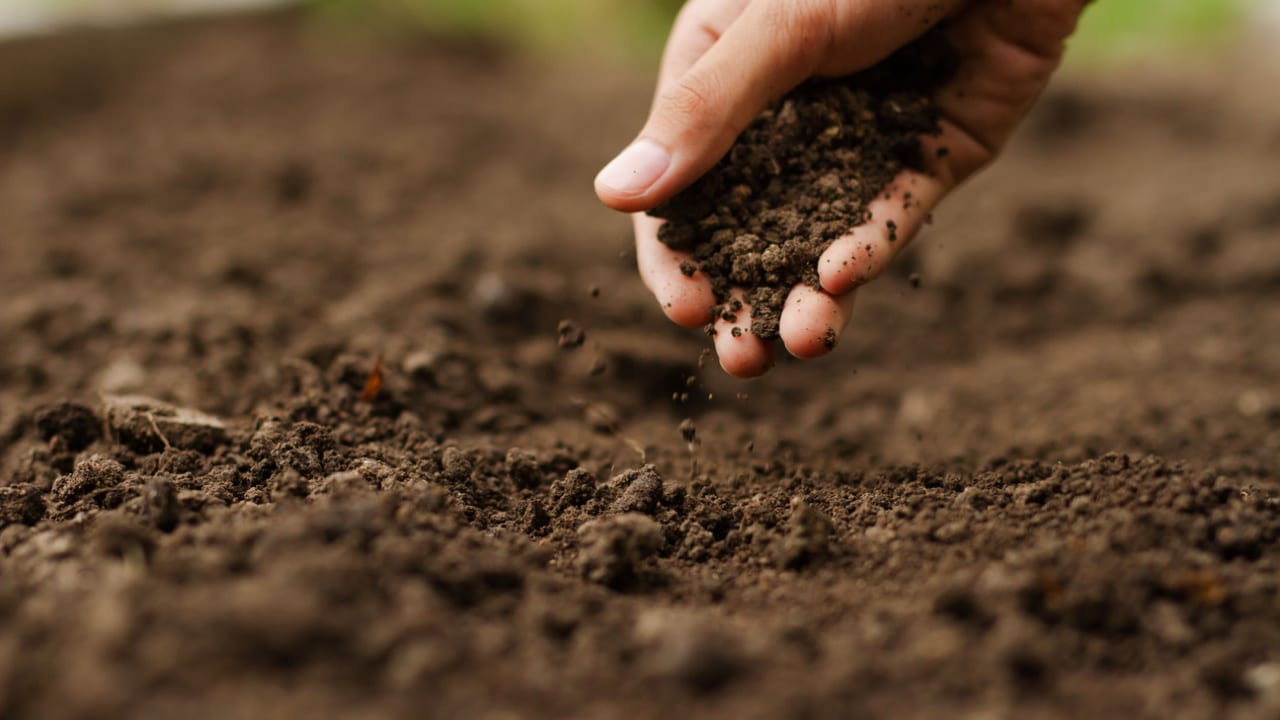
Image Credit: Shutterstock.
Opting for inexpensive, low-quality soil might seem cost-effective but can harm your plants. Poor soil lacks the necessary nutrients and proper drainage, leading to stunted growth and increased vulnerability to pests and diseases.
#3. Making Homemade Pesticides Without Research

Image Credit: Shutterstock.
While homemade pesticides can be cheaper, using them without proper research can be harmful. Some homemade solutions are too harsh, damaging plants or disrupting the garden’s ecological balance. It’s crucial to understand the ingredients and their effects on your specific plants.
#4. Overusing Fertilizer to Boost Growth
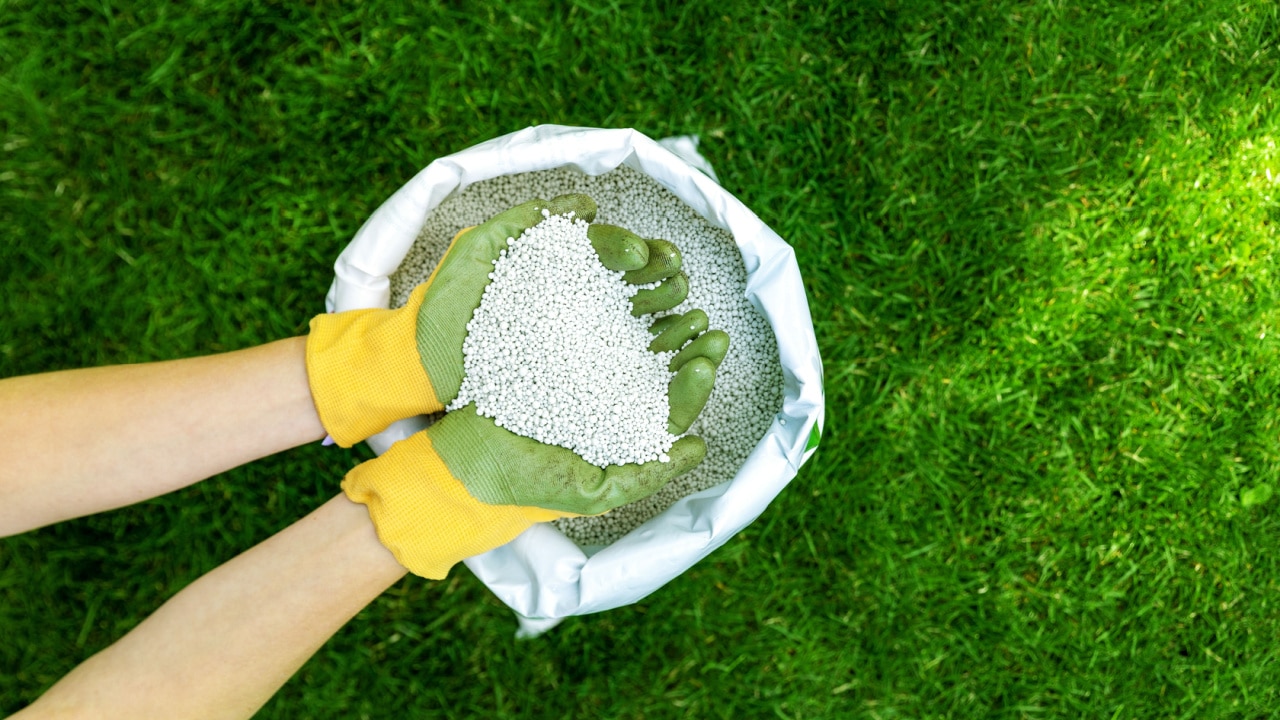
Overusing fertilizer, especially chemical ones, to boost growth can lead to nutrient imbalances in the soil and harm plant health. Excessive fertilizer can burn plant roots and disrupt the natural soil microbiome, leading to long-term soil degradation.
#5. Ignoring Professional Advice for DIY Methods
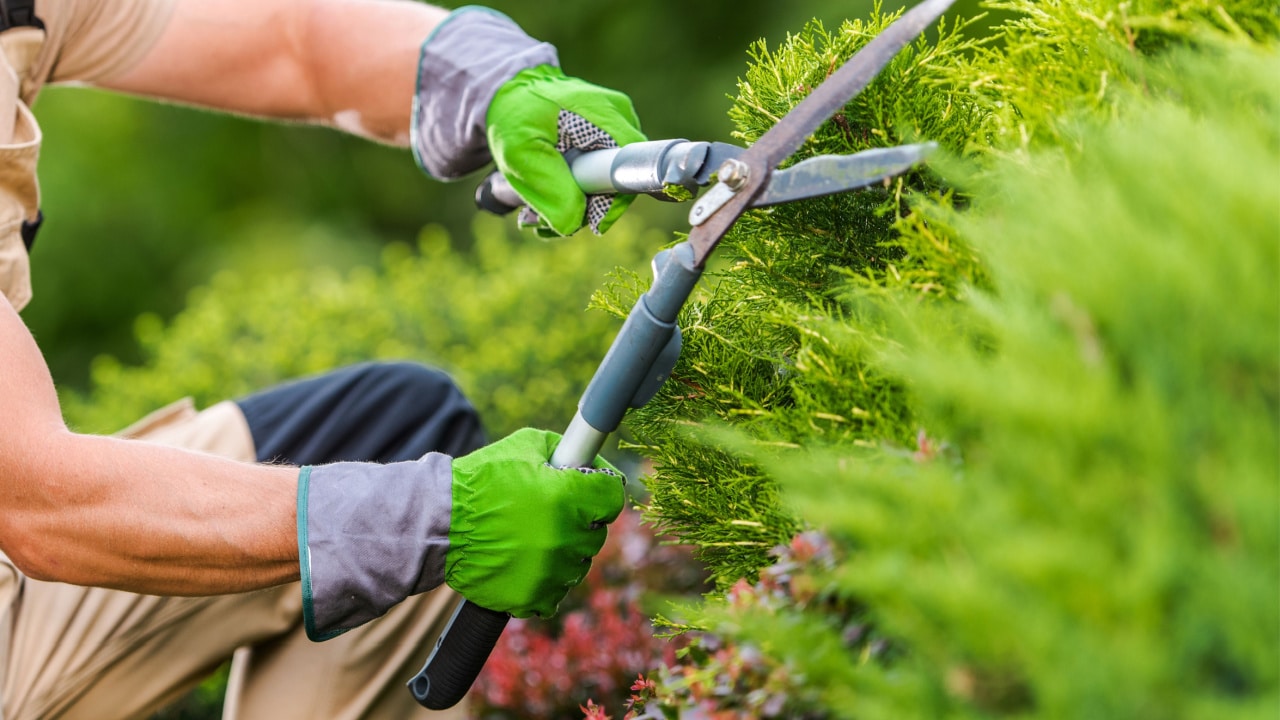
Image Credit: Shutterstock
While DIY methods can save money, ignoring professional advice can lead to costly mistakes. Professionals have the expertise to diagnose and treat garden problems effectively. Misdiagnosing a problem or using incorrect treatments can lead to further damage.
#6. Reusing Diseased Plant Containers
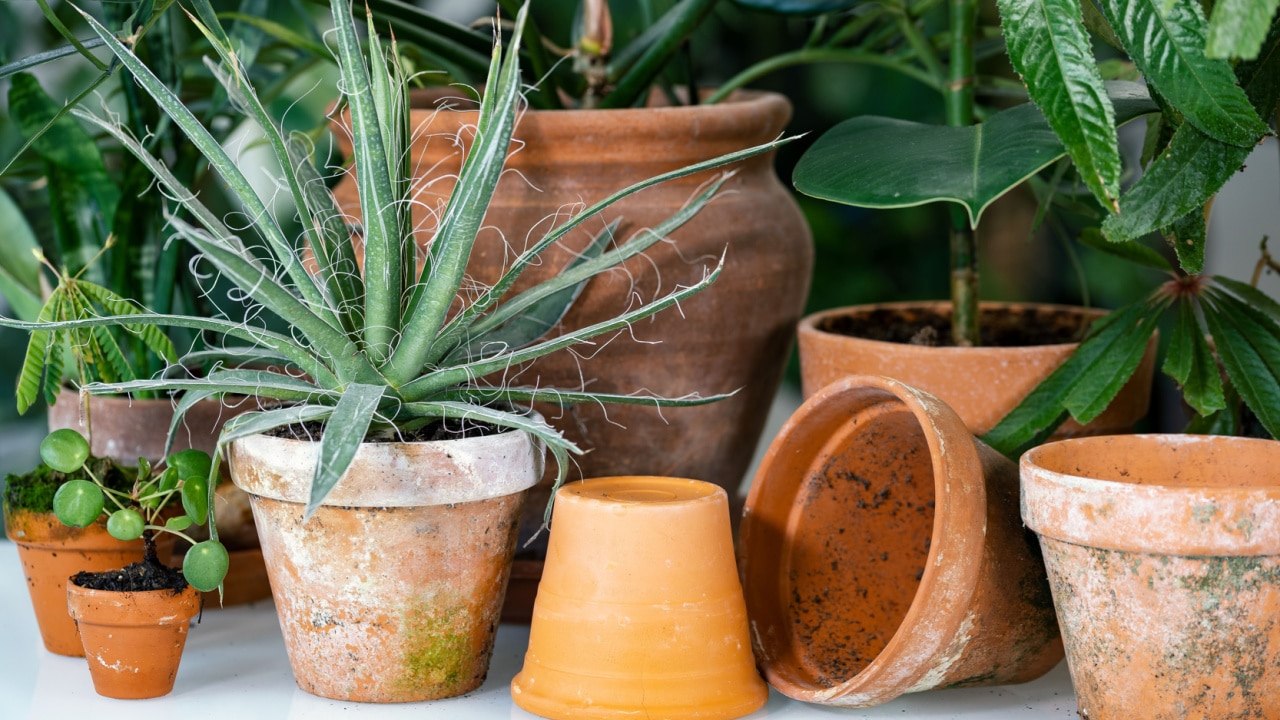
Image Credit: Shutterstock
Reusing containers without properly disinfecting them can introduce diseases to new plants. Containers that previously held diseased plants can harbor pathogens. It’s important to clean and disinfect containers before reuse to prevent the spread of disease.
#7. Choosing Only Inexpensive Plants
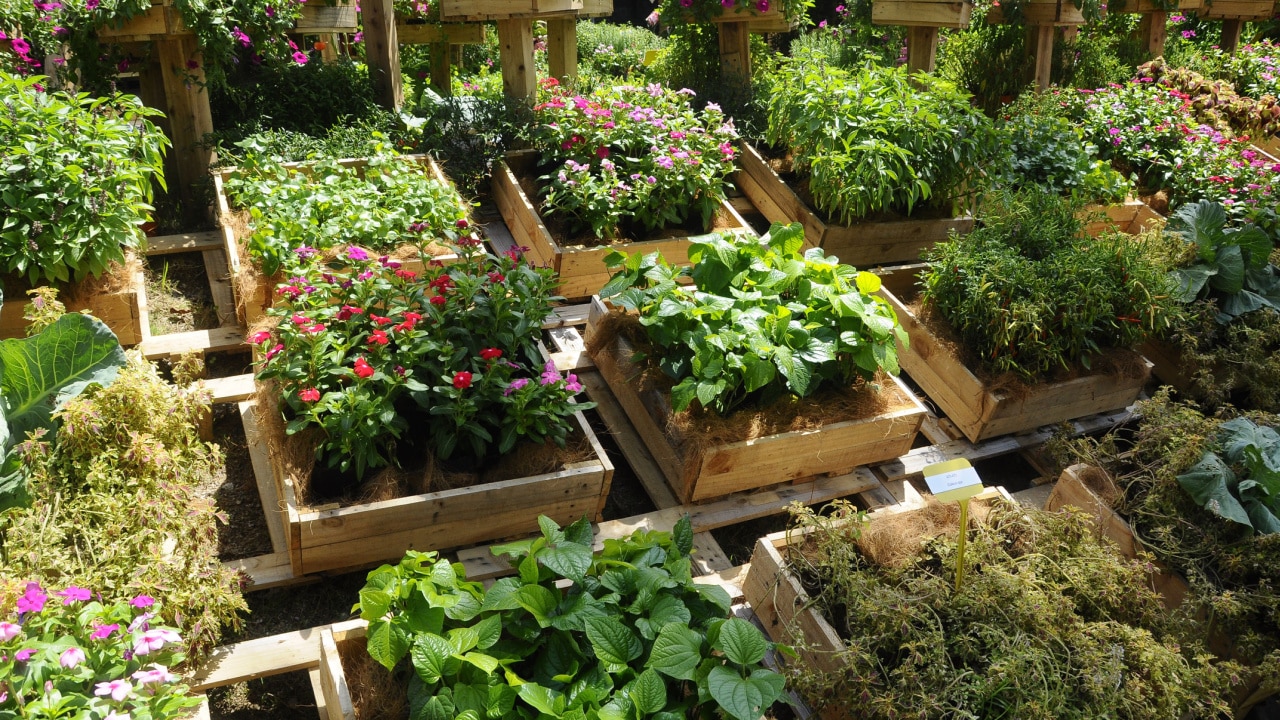
Image Credit: Shutterstock
Selecting plants solely based on cost can lead to a mismatch with your garden’s conditions. Inexpensive plants that aren’t suited to your soil type, sunlight, or climate will struggle to thrive, wasting money and effort.
#8. Neglecting Mulch to Cut Costs
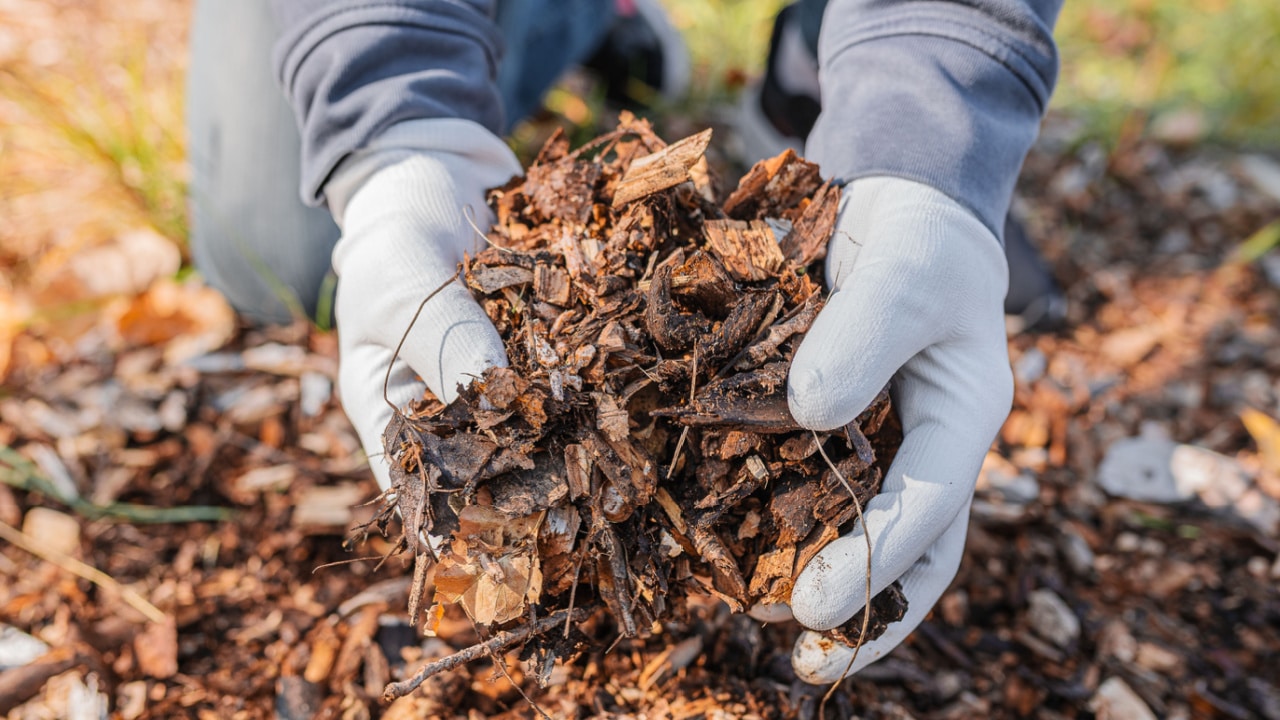
Image Credit: Shutterstock
Skipping mulch to cut costs leads to higher water usage and increased weed problems. Mulch helps retain soil moisture, suppress weeds, and improve soil quality. Without it, gardens may require more maintenance and resources.
#9. Overwatering to Promote Growth
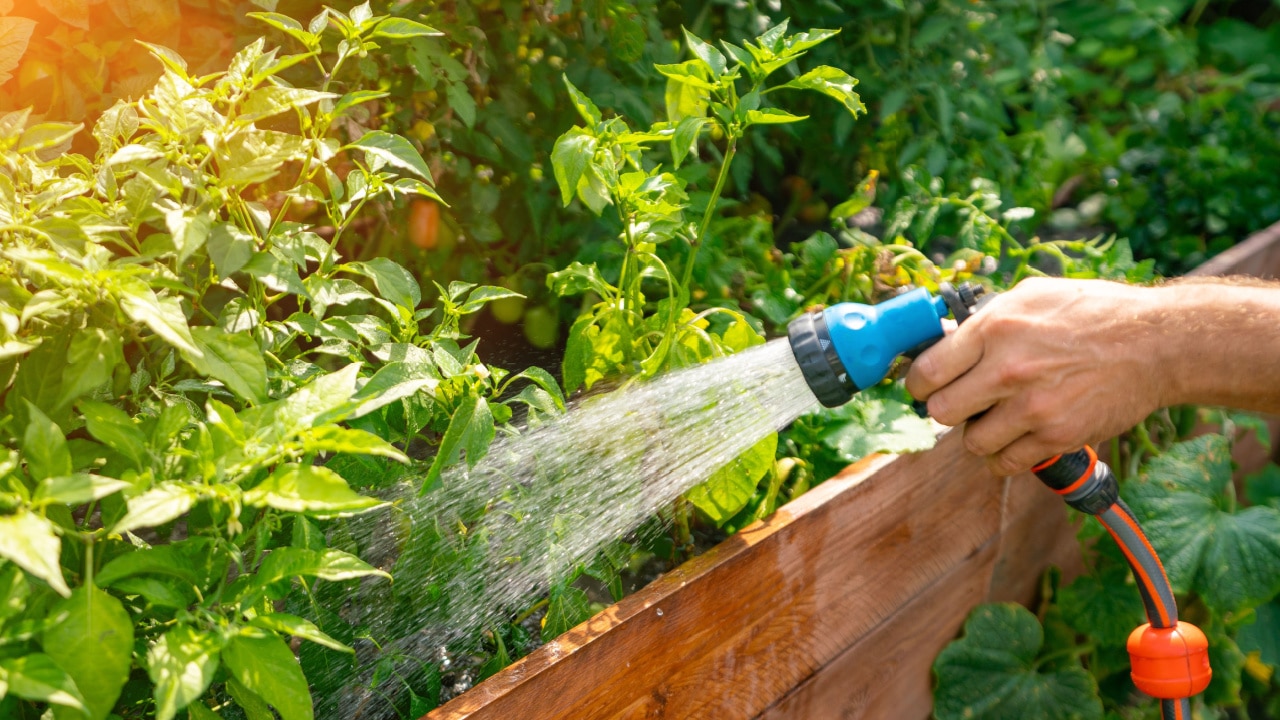
Image Credit: Shutterstock.
Overwatering, often done to promote growth, can drown plants’ roots and lead to root rot. Do your research so you understand each plant’s watering needs and provide just enough water to meet them.
#10. Planting Non-Native Species to Save Money
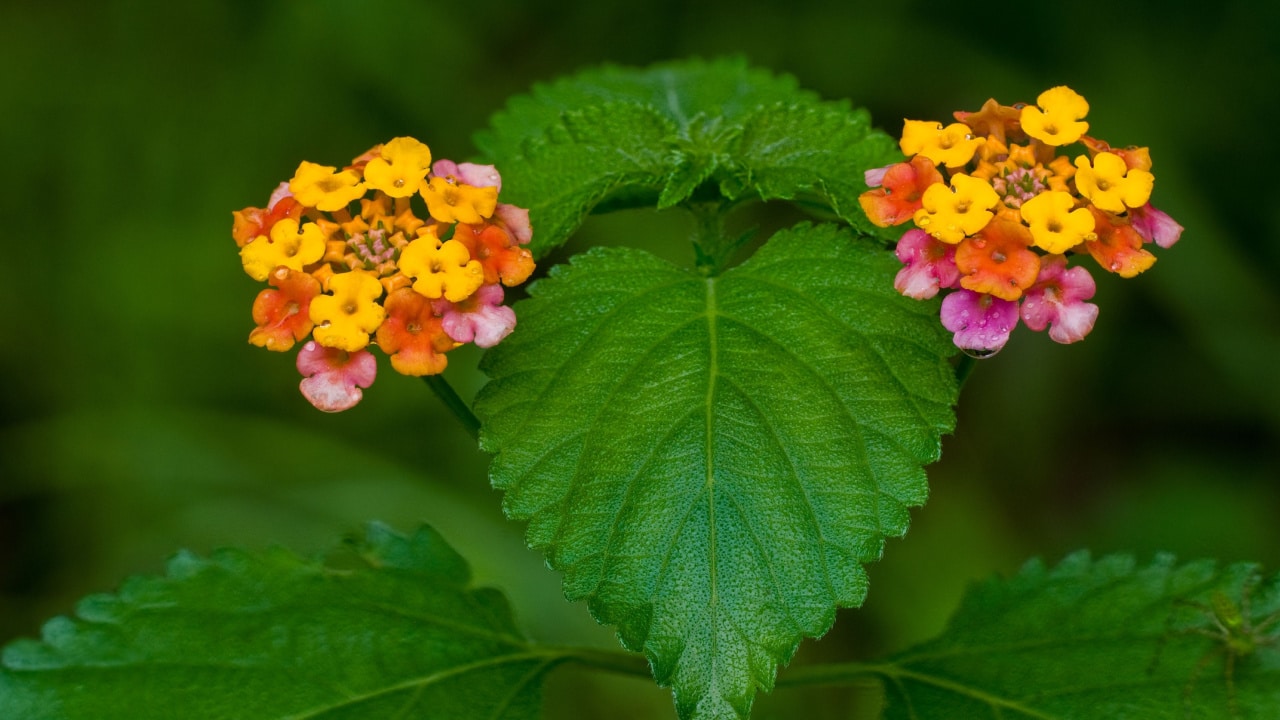
Image Credit: Shutterstock.
Planting non-native species because they’re cheaper can disrupt your garden’s ecosystem. Non-native plants may not be compatible with local wildlife or soil conditions, and they can become invasive, outcompeting native plants.
#11. Using Improper Pruning Techniques to Save Time
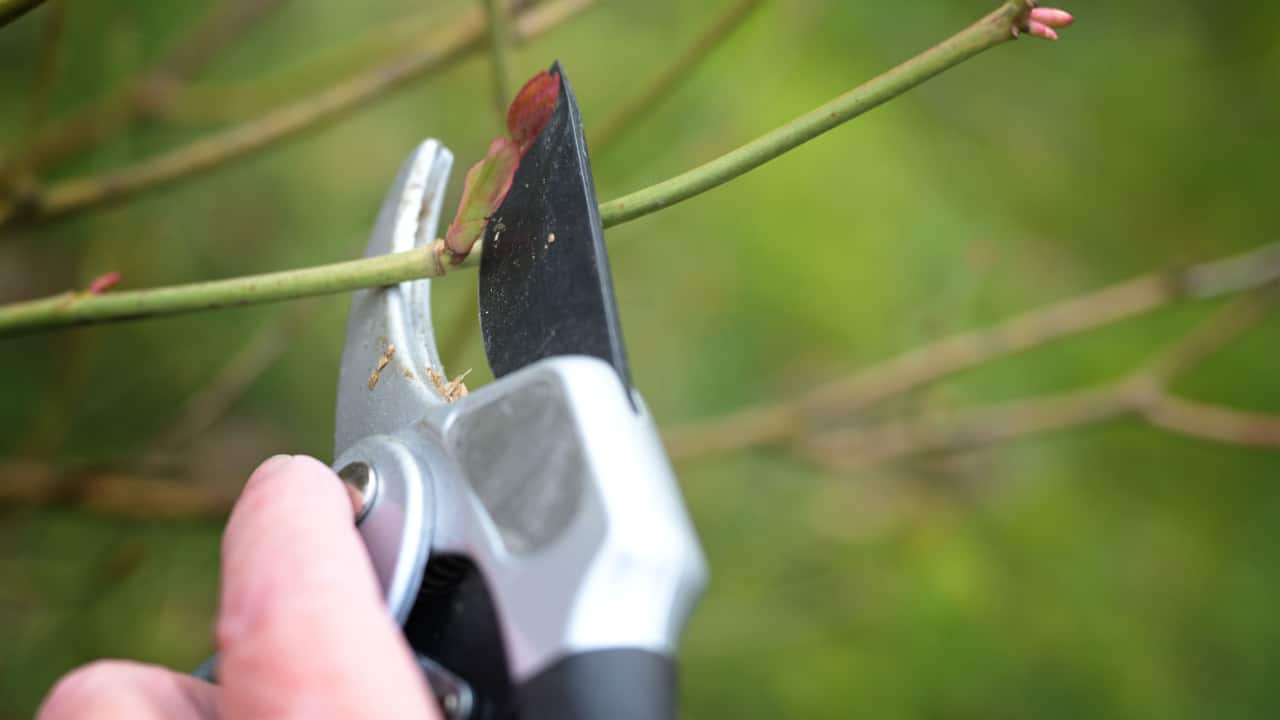
Image Credit: Shutterstock.
Improper pruning techniques damage plants. Incorrect cuts can lead to disease, pest infestations, and poor growth. Learning the right pruning techniques for each plant is crucial for their health and aesthetics.
#12. Saving Seeds from Diseased Plants
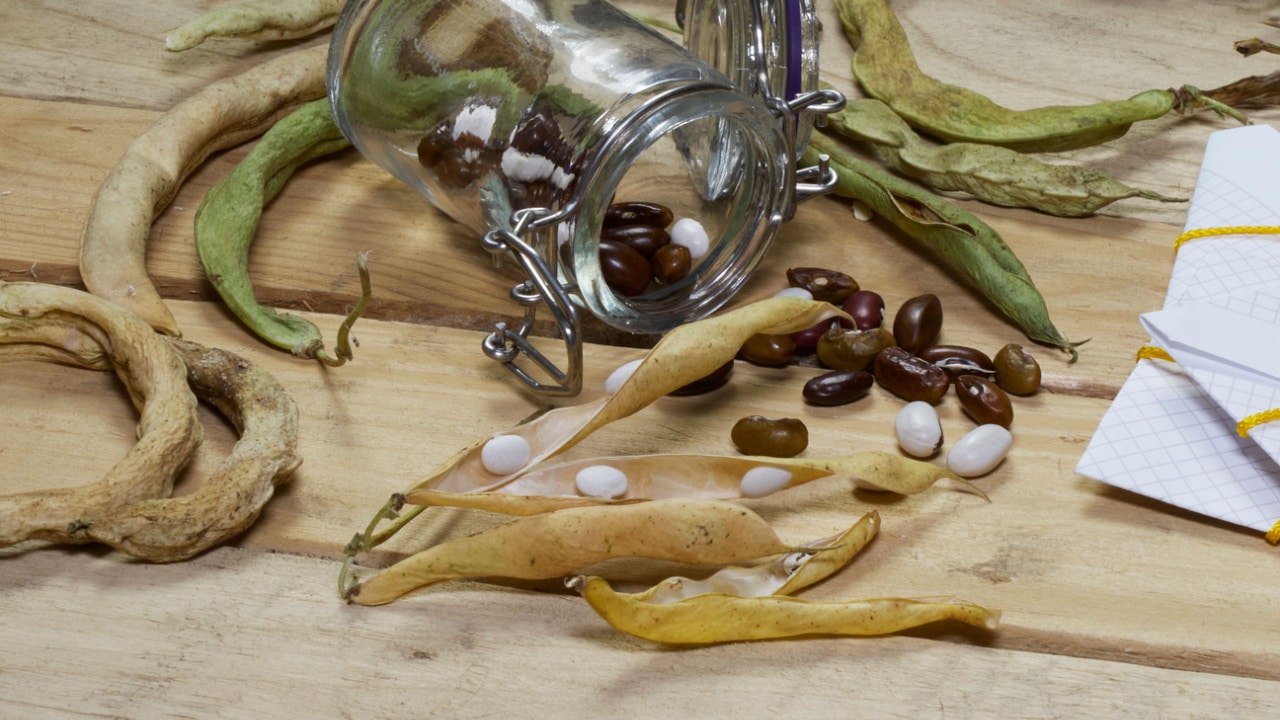
Image Credit: Shutterstock.
Saving seeds from diseased plants to avoid buying new ones can perpetuate problems. These seeds may carry pathogens, leading to a new generation of diseased plants. It’s safer to purchase healthy, disease-free seeds unless you know how to save seeds properly.
#13. Applying Leftover Chemicals Indiscriminately
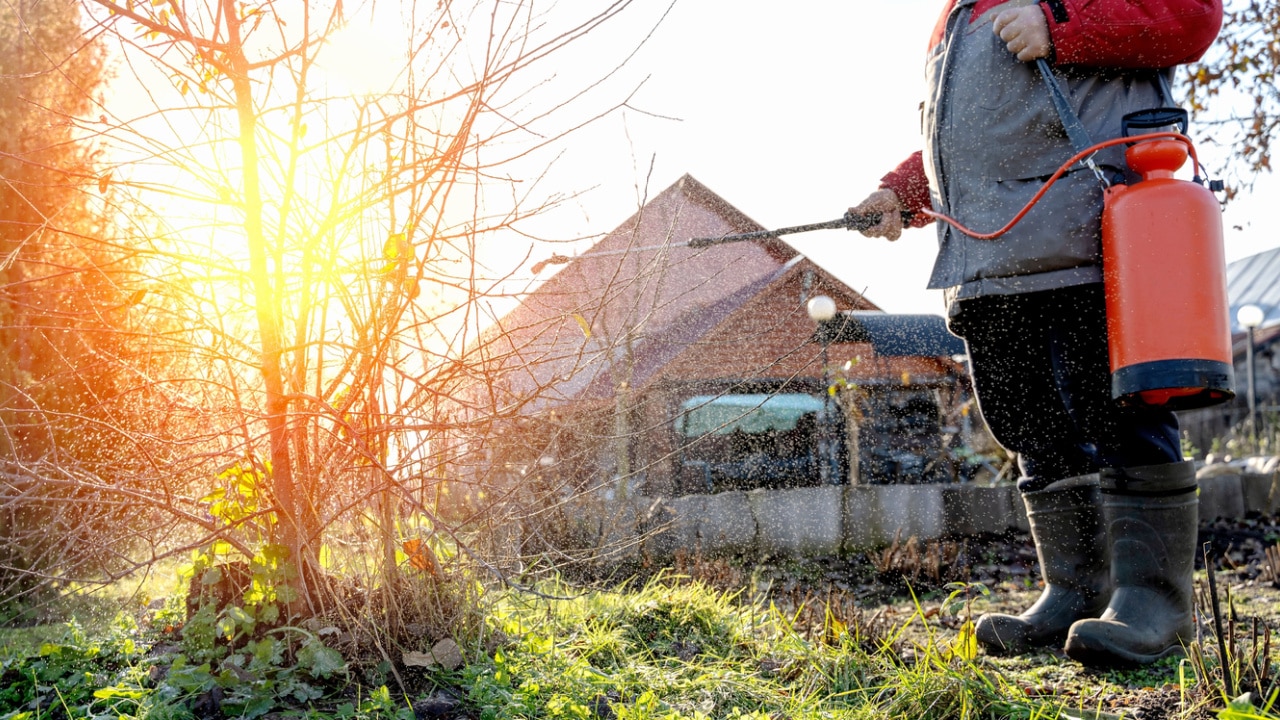
Image Credit: Shutterstock.
Applying leftover chemicals, such as herbicides or pesticides, indiscriminately to save on waste can harm beneficial insects and plants. It’s important to follow application guidelines and only use chemicals if absolutely necessary.
#14. Ignoring Pest Infestations to Avoid Costs
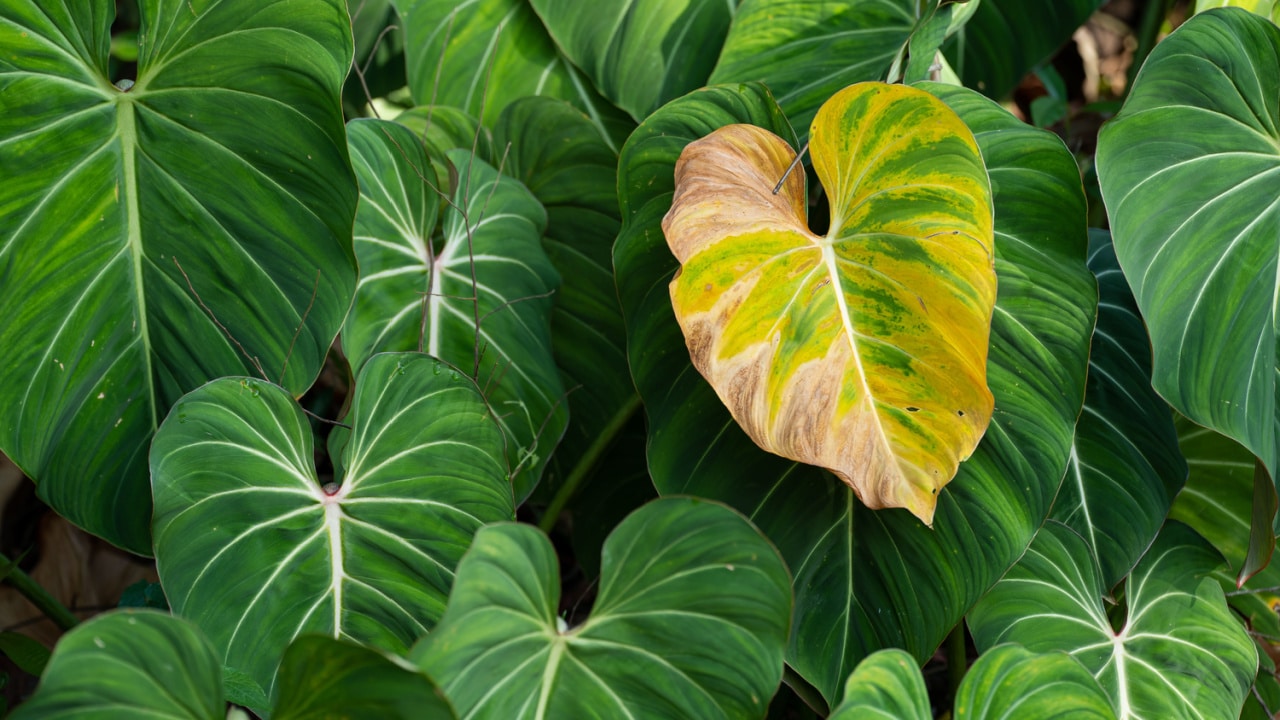
Image Credit: Shutterstock.
Ignoring pest infestations to avoid the cost of control can lead to widespread damage. Early intervention is key in managing pests. Neglecting the problem can result in higher costs and more damage over time.
#15. DIY Landscaping Without Proper Planning
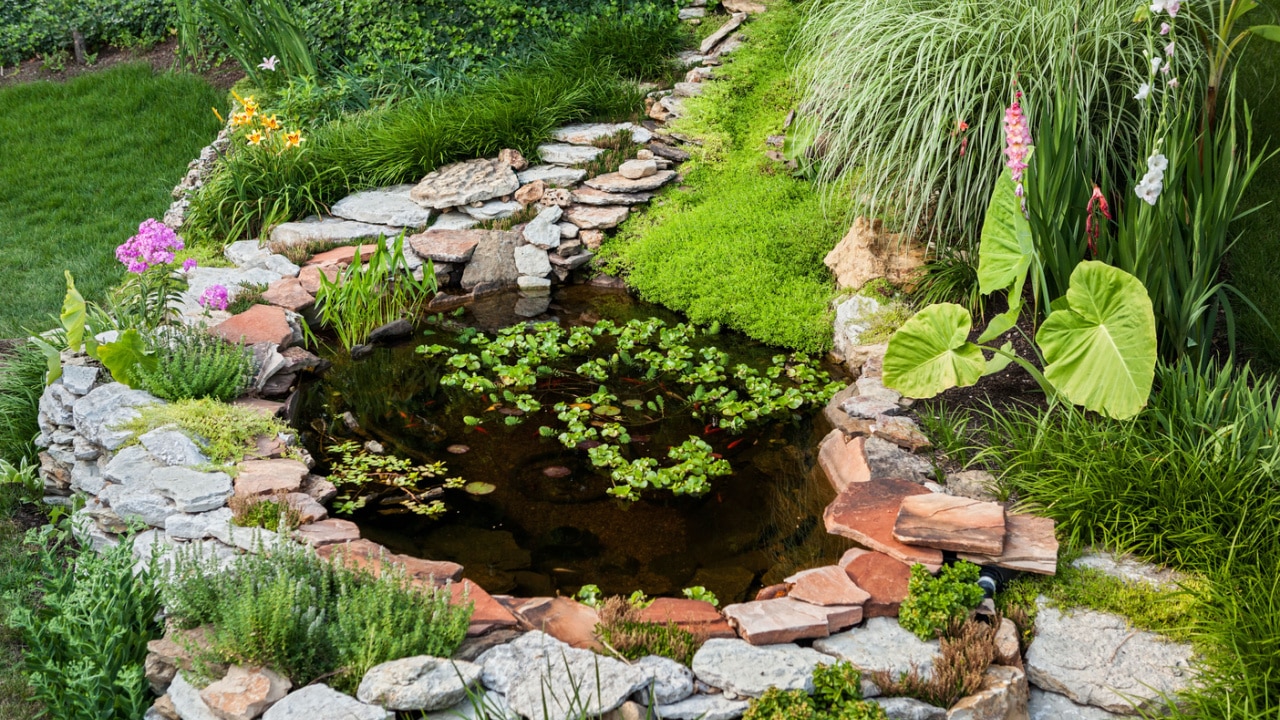
Image Credit: Shutterstock.
Undertaking DIY landscaping projects without proper planning and knowledge can lead to poor design and plant choices. You may end up with a yard that requires excessive maintenance, additional water usage, and might not thrive in the long term.
The post When You Dig a Little Too Deep for Gardening Savings first appeared on Thrifty Guardian.
Featured Image Credit: Shutterstock / Maria Sbytova.
The content of this article is for informational purposes only and does not constitute or replace professional financial advice.
Thrifty Guardian was founded as a way to help parents lead richer lives through money saving tips, side hustle ideas, and parenting advice (including fun DIYs and recipes!)

